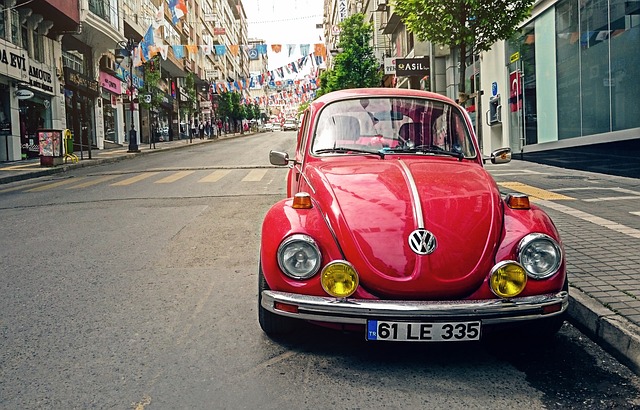August 23, 2022
TOKYO – Prices are soaring for used Japanese classic sports cars, particularly models that leading Japanese automakers put on the road in the 1980s and the 1990s.
Some are fetching nearly four times what they did when they were first put on the market.
This appears to have been prompted by the desire among middle-aged people to drive classic sports cars they once sought, as well as worries about becoming unable to drive such high-powered cars, as new models have been ever more electrified in recent years.
According to Carsensor, a portal for selling and buying used cars, the prices of antique sports cars differ, depending on their mileage and the state of maintenance.
Classic sports cars that have been kept in good condition are limited in number, so they continue to fetch prices higher than when they first hit the market.
The Toyota Supra, a model that Toyota Motor Corp. launched in 1993, was sold at prices ranging from ¥2.89 million to ¥4.72 million back then. But their prices soared to as much as ¥6.34 million in July, climbing to almost twice their old showroom price over the past two years.
Nissan Motor Co.’s 1989 Skyline GT-R was listed at ¥7.4 million, while a first-generation Honda NSX, released in 1990, fetched ¥10.64 million. Both models have seen their prices rise by 50% to 80% in the past two years.
Their main customers are people in their 40s and 50s who were familiar with these models when they first hit the market.
Left : Supra, launched in 1993
Center : Skyline GT-R, launched in 1989
Right : NSX, launched in 1990
Courtesy of Toyota Motor Corp. / Courtesy of Nissan Motor Co. / Courtesy of Honda Motor Co.
“Anxiety has been spreading among people that antique sports cars, with their stirring engine sounds and accelerating force, may disappear,” said the head of the old car purchase business division at Current Motor Corp., a Yokohama-based dealer of used cars.
This is because the new models launched by leading automakers in recent years are mainly environmentally friendly ones, such as hybrid and battery-electric vehicles.
The golden age
During the 1980s and the early 1990s — the bubble economy period — Japan’s leading automakers competed in launching their now classic sports cars one after another. These days were considered the “golden age” for sports cars in Japan, Current Motor’s division head said.
It was a period that also coincided with the years when Japanese automakers achieved remarkable results in such auto races as the Formula One world championship. Automakers developed many vehicles with engine performances almost equivalent to those of racing cars.
Accelerating the rise in the prices of Japanese classics is the growing popularity of such models in the United States.
The movie “The Fast and the Furious” (retitled “Wild Speed” in Japan), released in 2001 and featuring Japanese classic cars, has added to the mystique of Japanese classic sports cars.
The United States has a “25-year rule” that essentially bans the import of any foreign vehicle less than 25 years past its manufacture and which does not meet current safety standards set for American roads.
The rule is aimed at bolstering the popularity of new U.S. vehicles.
Recently, however, many of the classic vehicles launched during the “golden age” in Japan’s automobile history have been removed from the list of cars subject to the rule, thus letting exports of such classic models from Japan increase.
According to the Japan Used Motor Vehicle Exporters Association, exports of used motor vehicles to the U.S. market in 2021 totaled 11,380 units, marking a 370% increase since 2015.
Yohei Nagai, a director of Toprank Co., a Tokyo-based exporter of used motor vehicles, said, “Japanese classics account for a majority of used motor vehicle exports from Japan to the U.S. market.”
In response to the growing popularity of Japanese classic cars, new types of services have also emerged.
Kinto, a company that manages a fixed-rate subscription program for Toyota cars, launched a service for renting Toyota classic cars in Tokyo this summer.
A conspicuous number of people in their 20s and 30s are using this service, inspired by their parents who are fans of Japanese classics and themselves finding a refreshing surprise in how well these classic cars handle.
